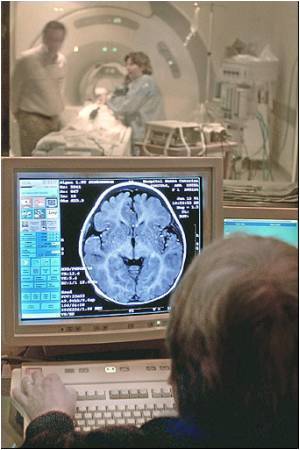
Scientists believe that an over-production of a peptide called A-beta in the brain is the cause of Alzheimer's and are developing drug treatments that prevent the action of the enzyme BACE1, which produces A-beta.
"The mice exhibit signs of schizophrenia and memory loss when you block the enzyme. BACE1 is a very promising drug target, but you have to overcome these obviously debilitating side effects to effectively treat Alzheimer's disease," Lee said.
"By stimulating the Alpha7 receptor with nicotine, we were able to recover normal brain function. We are very hopeful that this will be a way to overcome the deficits seen with the BACE-1 knockouts," she added.
Calcium triggers the release of neurotransmitters, the chemicals, which transmit signals from a neuron to a target cell across a synapse. The research team found that nicotine activated the uptake of calcium, and thus the neurotransmitter release mechanism.
"After treatment with nicotine," said Lee, "the mice released normal amounts of the neurotransmitter as seen in brains of normal animals."
Advertisement
"It is an exciting development because nicotine is an already known drug that could be easily used therapeutically with Alzheimer's treatment," Lee said.
Advertisement
Source-ANI













